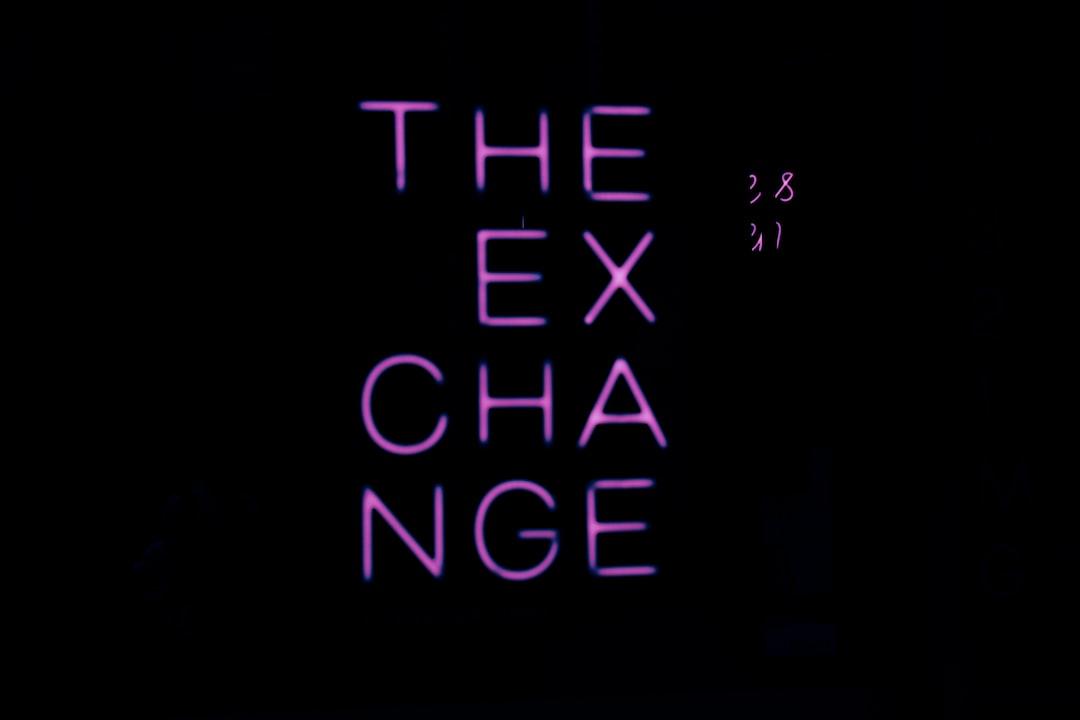Uzbekistan’s National Agency for Prospective Projects (NAPP) has recently issued a new directive to increase the monthly fees for participants in the country’s crypto market. This directive was given on March 19, 2024, following an amendment to a previous directive initiated by the Ministry of Justice in September 2022.
The decision to revise the fee framework comes after the NAPP’s evaluation of the profitability in the cryptocurrency retail and exchange sectors. As a result, a new fee structure has been introduced that affects both entities.
Under the updated fee system, crypto exchanges will now face a monthly fee of 740 basis reference value (BRV), which is equivalent to 251.6 million Uzbekistani som ($20,015). This marks a significant increase from the previous fee of 400 BRV or 136 million som ($10,819). The BRV is primarily used to calculate various financial transactions, such as taxes, fees, and fines.
On the other hand, crypto retailers will now have to pay a notably higher fee of 185 BRV per month, or 62.9 million som ($5,003). Previously, the fees for crypto retailers stood at just 20 BRV, which is around 6.8 million som ($540).
According to the NAPP, these modifications are aimed at boosting state revenue from the crypto sector. The agency expects the revenue generated from this sector to double once the new fee structure is implemented.
The NAPP has also assured that the updated pricing structure will not harm the financial stability of industry service providers. The new structure is set to take effect on June 20, three months after its official publication.
In addition to this development, the NAPP recently signed a Memorandum of Understanding (MoU) with stablecoin issuer Tether. The agreement entails Tether exploring and promoting blockchain-based innovations in Uzbekistan, including stablecoins and digital asset tokenization. The specific details of this partnership have not been disclosed yet, but Tether has expressed its intention to collaborate with Uzbekistan’s regulators in establishing a legal and regulatory framework for crypto assets in the country.
It is worth noting that the NAPP has also announced its plans to sue Binance, alleging that the exchange operates without a license and has not paid the fines due. Only licensed exchanges are permitted in Uzbekistan, and they are required to have their trading servers hosted domestically.
Since 2023, the government of Uzbekistan has restricted the provision of crypto services to licensed cryptocurrency firms. The first licenses were granted to local crypto firms in November 2022. Prior to that, access to several major international crypto exchanges, including Binance, FTX, and Huobi, was restricted due to accusations of unlicensed activity.
In terms of the NSA’s involvement in Bitcoin, this article does not provide any information or analysis on that topic.

